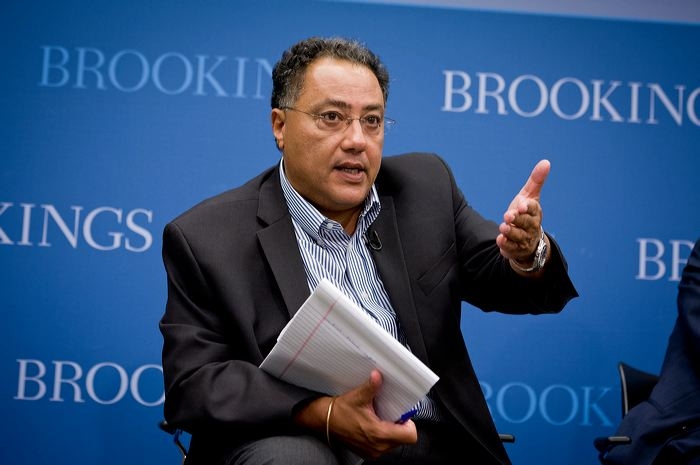
Borrowing in Kenya has become a culture. The citizens and the country itself are all in submerged in a pool of debt.
But President Uhuru Kenyatta has broken the record on how he decided to parasitically depend on loans to run his government.
However World Bank has expressed his concerns on the borrowing culture might affect the nation.
According to the world bank, if the borrowed money is not channeled to productive projects, that yield enough tax revenue, there risks being a difficulty in repaying the loans in the coming years.
The World Bank’s Vice President for Africa Dr Hefez Ghanem said he is worried about Africa’s indebtedness.

“If a country wants to avoid a debt crisis, the cost of borrowing should not surpass the return on investment,” he said.
Kenya’s debts level has not yet reached the irredeemable point, but it is rising at an alarming rate.
This year, the world bank lent Kenya 75 billion shillings to support the budget.

While the loans Kenya has borrowed from the Chinese government totalled to 620.6 billion shillings by January this year, the country already owed the world bank 548.5 billion shillings.
“Kenya needs to find a funding balance to repay the loans and finance development projects without resorting to cutting critical expenditure on education, health, social protection and security,” added Dr Ghanem.
Kenya’s revenue, according to World bank’s vice president, contributes 15 percent to the country’s Gross Domestic Product (GDP) which is better than that of most African countries but not enough to meet the country’s objective.
He suggests that for Kenya to be able to come out of this mess, it needs to improve resource mobilization rather than reduce its spending on social services.
With regard to increasing taxation, the Kenya Revenue Authority has been trying to increase the tax base but this may not be easy as, by June 30, only four million Kenyans had filed their returns.